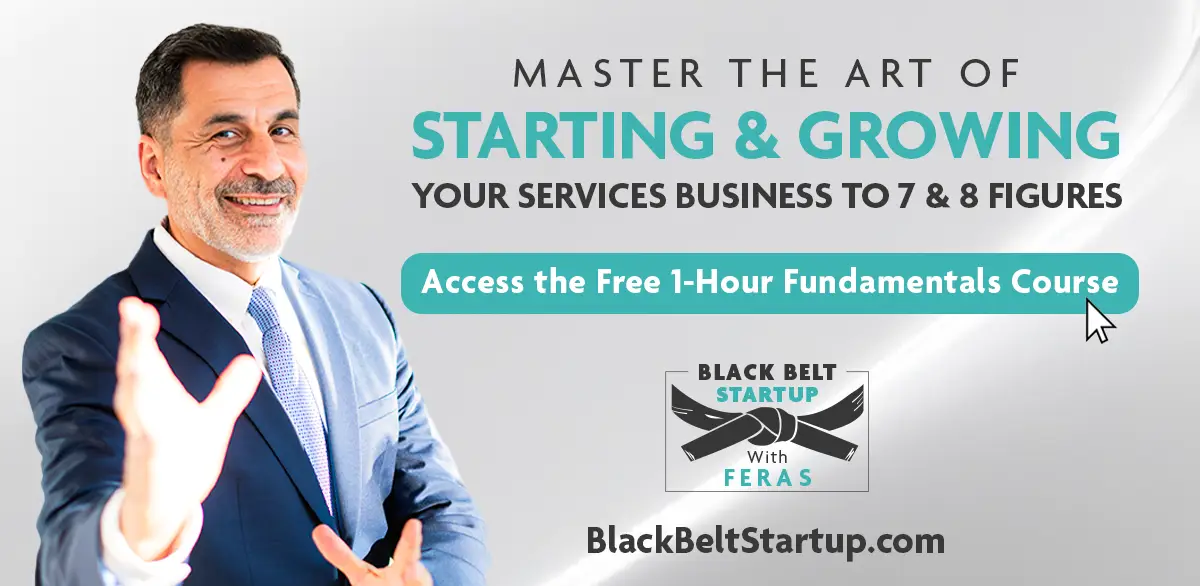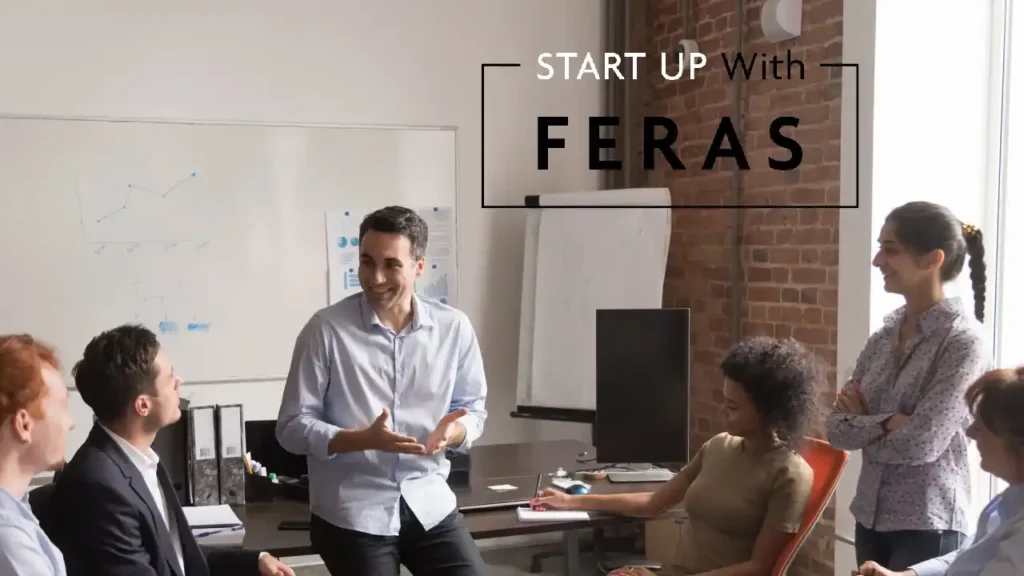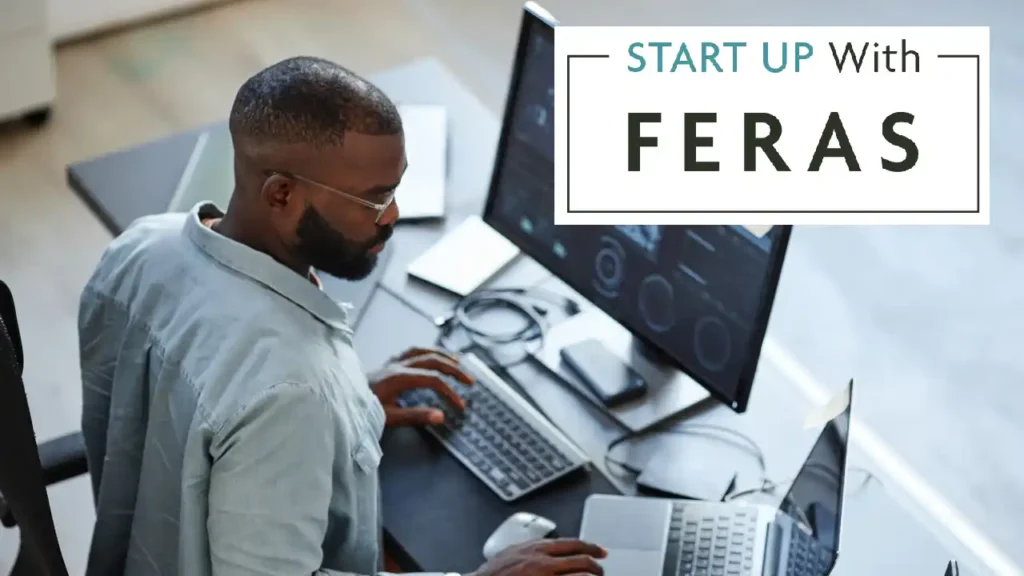Reciprocity as an Entrepreneur: Start by Giving

The The Startup of You by LinkedIn co-founder Reid Hoffman and Ben Casnocha emphasizes the concept of reciprocity in a person’s career. They urge us to genuinely try to help others, stating that doing so will reveal you as a person who believes that a rising tide lifts all ships and that there is ample success to go around, a person whom others trust and follow.
Reading that book earlier this year, I was also remembering the work of Robert Cialdini. He analyzes reciprocity at a more purely psychosocial level and places it as the first of six principles explored in his seminal Influence: The Psychology of Persuasion. As nicely summarized here, Cialdini highlights humans’ deep-seated drive to return favors, pay back debts, and treat others as we have been treated. He also points out that every human society practices reciprocity.
Not a big reader? Watch my video about this topic!
This makes tons of sense when you think about it. How could any kind of organizational or societal structure survive without some mutual sense of beholdenness?
Let’s consider three ways that the law of reciprocity can apply to your consulting or services business.
Helping First, Pitching Second
At a very basic level, when you’re meeting people at a trade show or a networking lunch, prioritize helpfulness over hard pitching.
If you’re starting an accounting consultancy and you’re attending a Chamber of Commerce mixer, certainly let people know what you do, but ask them about themselves, listen carefully and compassionately, and try to offer a bit of guidance that will be helpful for their specific situation. This little bit of value transfer, freely given, will be appreciated more and remembered much longer than a dissertation on your pricing options.
For more on the sales approach of helping before pitching, see The Ultimate Guide to Sales Funnels for Consulting and Service Businesses.
Content Creation
Consider producing content that relates to your service offering and that provides real value.
If you’re looking to start a paper shredding business, you could produce a white paper that explores the privacy benefits of paper shredding and weighs the pros and cons of in-housing vs. outsourcing, and you could also produce a video that compares paper shredding in action on different pieces of equipment that you support. Are your competitors providing this level of value before any sale and opening the reciprocity loop? Maybe not.
For more on content creation, see Content Marketing Is All About Providing Value and Is Producing Content Really Worth It Anymore?. (Spoiler alert: yes.)
Demos and Training
The content referenced in the previous section can provide your leads with a benefit during the marketing or sales funnel stages. When a lead is more qualified and further down the sales funnel, you can continue to provide value and activate the reciprocity dynamic by offering demos and sample training.
As detailed in How to Use Demos to Sell Services, a demo can help your lead more clearly understand your service offering. If, for example, your company specializes in support and service for HR software, you could present an illuminating demo and perhaps a sample training session as part of the sales process. Even if the lead does not immediately decide to work with you, you’ve already provided a tangible value that the lead is likely to remember if other needs arise later.
At a certain point, of course, you have to draw the line on how much to give away for free. Business and sales ultimately have to be as much about withholding as about giving, or else no one would have a reason to pay you.
In the three cases above, however, you’re providing value without a definite expectation of anything in return. By displaying the generosity of spirit that most good businesspeople and certainly most good consultants possess in some measure, you’ll sometimes trigger the reciprocity law and increase your likelihood of generating a lead or closing a sale, and your experience as an entrepreneur will be rewarding in ways that transcend business transactions.

Key Actions and Takeaways
- Human societies have evolved with reciprocity as a core principle.
- For a consulting and services business, the most effective approach to getting leads and clients can often start with an act of giving.
- Without a definitive expectation of what you’ll get back, think of how you can provide value through communications, content, demos, and training at all points in your marketing and sales funnels.




